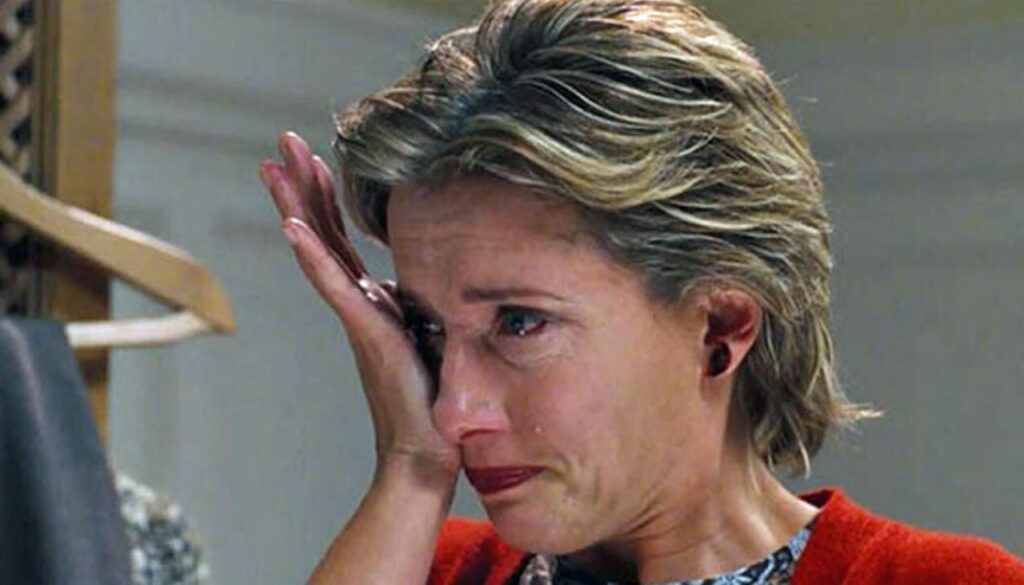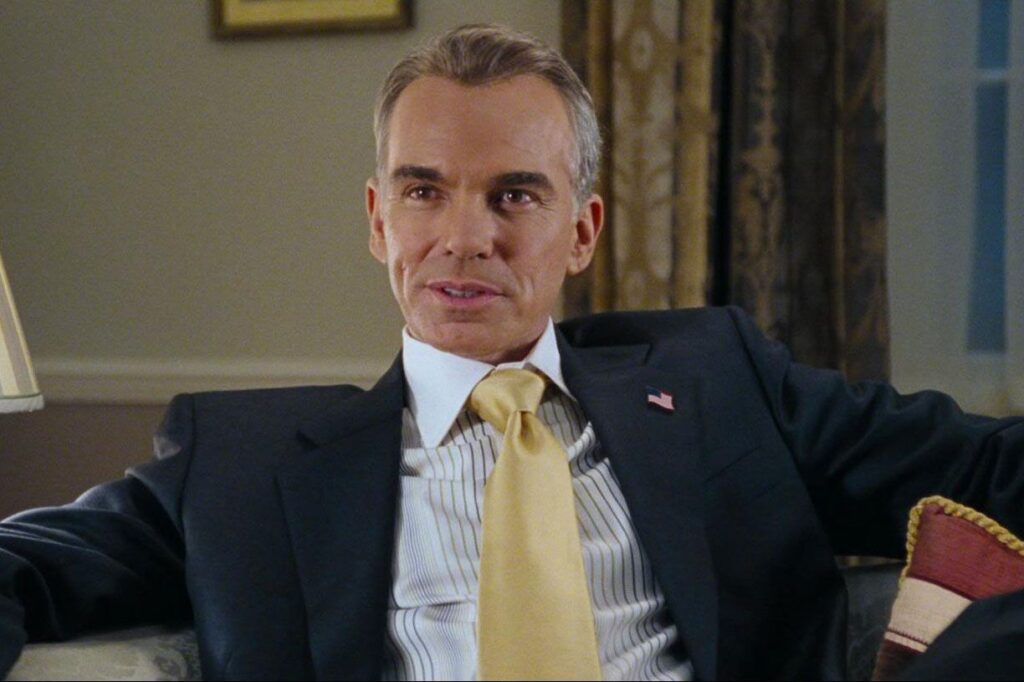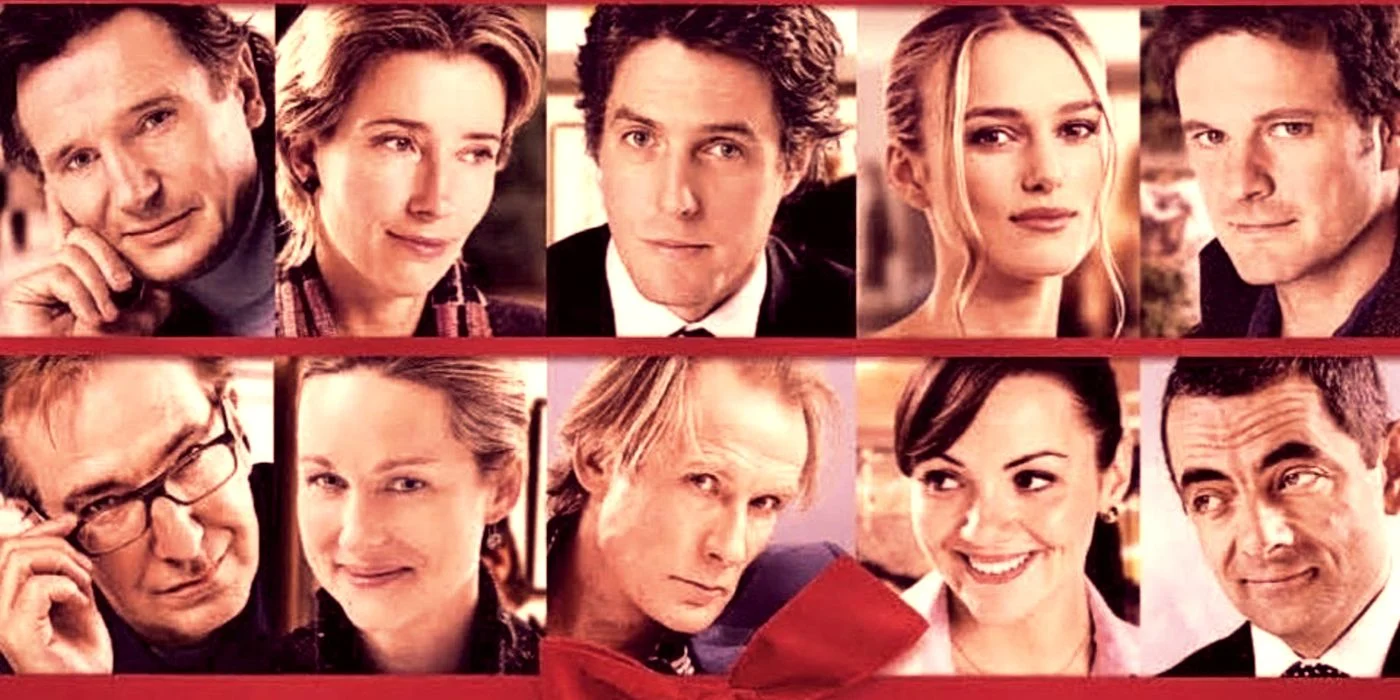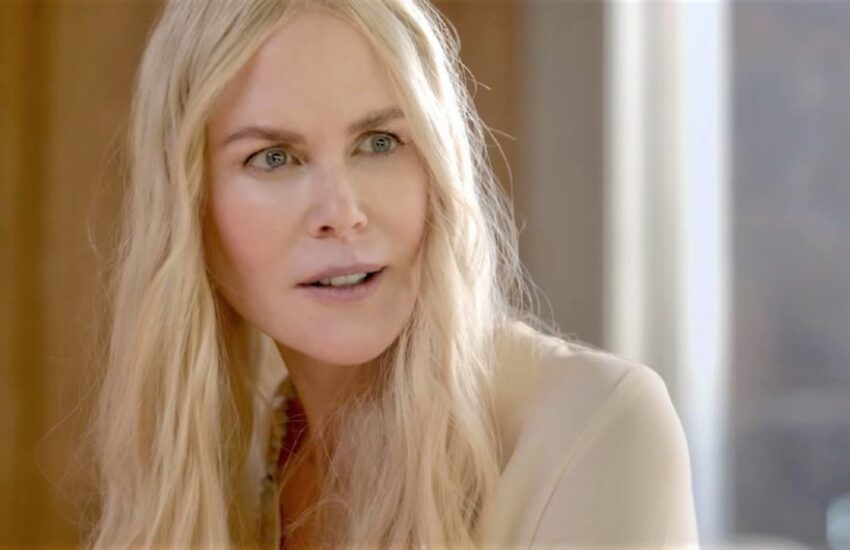Contrary Fairy :: Part Two
It’s been a while, hasn’t it?
Not for lack of trying, but apologies are duly extended to those keeping up with this journalising folly of mine as recent professional developments have kept my writing at bay somewhat over the past few months, not to mention finally falling foul of this COVID business on a personally communicable level.
So, between the most wonderful time of the capitalist calendar rearing its white-trimmed-red-hat-wearing head around the increasingly colder corner and generally feeling sorry for myself, I simply could not let another holiday season pass by without extolling a disproportionate amount of ire at one of the most enduringly popular pieces of media to ever concern itself with the annual extolling of hard-earned capita for gifts, food and drink that in the grand scheme of things mean less than they undoubtedly feel like they should.
And whilst I can appreciate that many a commentator has already taken aim with inspired vitriol at this gargantuan meringue of simpering cynicism flagrantly masquerading as one of the most swoonsomely romantic cinematic events to ever grace the silver screen, formally joining the dogpile remains a handy way to iron out some pre-holiday tension before I set out to spend hours of free time searching for the perfect gift for each member of my loving family only to come back with a formidable cache of gift vouchers instead (once this virus has run its course first, obviously!)
Alas, some rituals are as egregious as they are inevitable, though only a handful can inspire as much contempt as having to sit through at least one of umpteen showings on British TV of screenwriter Richard Curtis’ directorial debut…
CONTRARY FAIRY #2 – LOVE ACTUALLY (Universal Pictures/StudioCanal/Working Title Films/DNA Films)

Love Actually arrived in cinemas in time for Christmas 2003, a sizable ensemble-based endeavour courtesy of the United Kingdom’s most successful film production company and its most commercially successful content creator, those being Working Title producers Tim Bevan and Eric Fellner and the aforementioned Curtis, whose working relationship had begun with 1989’s The Tall Guy and later found greater success with the box office juggernauts, 1994’s Four Weddings And A Funeral and 1999’s Notting Hill. Trading in the same syrupy sentimentality as the latter two hits, Actually is a too-perfect summation of the more-of-the-same school of filmmaking, Curtis using each one of the barely sketched storylines he populates this two-hour-plus gauntlet of saccharine gunge with to pummel every stock romantic-comedy cliché into submission with nary a platitude left to run into the ground.
It is the cinematic equivalent of a chocolate fountain, appearing to be opulent and appetizing, only for its constant flow of repetitive mawkishness to ultimately leave a sickly taste that curdles into something more insidiously disquieting after continuous indulgence. Of the many things wrong with Love Actually, the sheer muchness of it all is its most easily identifiable grind. Featuring at least ten different plot threads about upper middle class white professionals in a version of London rarely seen outside of a Marks & Spencer advert, each skein is one that concerns itself with a low-stakes set-up that eventually bubbles over into their predictable conclusion with an overt smugness from all parties involved, except for the sad and/or creepy ones obviously, not to mention those that were removed from the final cut, but I will get to those later.
Now I can understand the mode of thinking that trying to criticize Love Actually and its characters for being notably absent of anything approaching real life problems and consequences may carry an air of Ebenezerness about it, that considering the lower-than-usual emotional stakes of each story we ought not to take such a discerning skewer to the whole affair. And I would agree if the film didn’t reference 9/11 of all distressing moments in recent memory in its opening montage in a bid to immediately tug at the viewers heartstrings in a way so manipulatively cynical that it is almost bizarre, featuring narration by Hugh Grant’s Tony Cameron composite musing over what the poor souls trapped on the planes that ended up crashing into the Twin Towers and the Pentagon may have said to their loved ones before they perished whilst footage of regular/non-film-character people throwing their arms around each other at Heathrow airport plays underneath. Whether you feel that this whole montage is more misguided than cynical is up to you, but it is still a super-questionable choice to have it play at the top of a film marketing itself as “The Ultimate Romantic Comedy”…

And then there’s the rest of the movie to contend with, which thankfully never quite goes to nearly as painfully awkward a stretch for sentimental feels but still wades through more than enough ickiness to get there, especially with regards to how its female characters are treated. Even if they happen to be the key protagonist in their stories, all of the women in Love Actually are subjected to varying forms of indignity and ill will that is not proportionate to their male counterparts amidst this so-called feelgood confection, including multiple scenes of gratuitous nudity. Key examples include a character who doesn’t attain love-interest status in her storyline until she strips down to her underwear in front of her suitor whilst another endures the most particularly egregious topless scene in cinema history for no reason whatsoever, all whilst other poor souls have to deal with potential cuckoldry via the most blandly tacky necklace ever and body-shaming from exes and co-workers, as well as your typical lascivious come-ons from men that range from inoffensively cute to boundary-crossingly slimy to Ed Sheeran-levels of passive-aggressive creepiness, the latter formerly misremembered as such thanks to everyone making fun of Keira Knightley’s shocking lack of self-awareness when she exclaims to herself “I look quite pretty” rather than the fact that Andrew Lincoln’s character appears to be disconcertingly obsessed with his best friend’s wife.
But hey, now Boris Johnson has ruined that particular storyline forever, so…
So far, so unintentionally ironic, in the sense that a film ostensibly marketed towards female cinemagoers mishandles its female characters so badly, though the zenith of said irony may reside in the fact that the aforementioned shit-ugly necklace storyline is widely considered by many viewers, fans and not-so, as the undisputed highlight of the entire film. Granted, much of it has to do with Joni Mitchell’s latter-day rendition of “Both Sides Now” which would melt even the stoniest heart in an otherwise wrenchingly silent scene where Emma Thompson quietly weeps her way into the viewer’s sympathies upon the discovery that Alan Rickman has another person in his life he wants to give gaudy jewellery to, but the fact that this moment of familial tragedy registers as one of the best scenes in a smorgasbord of schmaltz is too inappropriately delicious to ignore. It is especially damning because other than being a smug-but-dutiful spouse and parent (which, if you were Alan Rickman’s partner, is a whole heap of fair enough), Thompson’s character hasn’t done anything to warrant such a betrayal, a brief but effective reminder that sometimes bad things happen to good people that registers as the film’s sole moment of observation that rings true.

It could have been more contrivedly tragic still though via an excised storyline featuring Anne Reid and Frances De La Tour as a couple dealing with a not-identified deadly illness, left on the cutting room floor in a wondrous moment of tasteful clarity when Curtis surmised that two or three scenes would not do this plotline justice, which if you had not even bothered to take the time to disclose what disease one of your characters was purportedly dying from was definitely a good move. It does make you wonder where that same amount of consideration was when creating the rest of the storylines though, particularly the one with Kris Marshall’s embarrassing horndog going to the US and picking up some random models at the first bar he walks into that ends with him bringing Shannon Elizabeth and Denise Richards back over to the UK with him, because it was clearly too important to discard this misadventure from the film’s epilogue.
The removed same-sex couple plotline also highlights another issue Love Actually has, which is that for a film set amidst the excitable hubbub of pre-Christmas London 2003, there is a clear lack of diversity in terms of main protagonists in its storylines, or rather the ones that feature non-white performers anyway. Though it can be credited as being more racially diverse than Notting Hill (which isn’t saying much really, as Hill surely holds a record for its lack of ethnic representation despite being set in of the most famously multi-cultural backdrops in London), all of the non-white characters still register as peripheral to the action at best, a key example being Chiwetel Ejiofor’s love triangle storyline that ends with him not even realising that anything was ever happening. Being a British comedy from the 2000’s, there’s also quite a few scabrous gay jokes scattered amongst the business despite the complete lack of any non-heterosexual characters, including a derisive line about Asian transsexual sex workers in the opening credits because every major comedy seemed to have to include a tasteless straight-panic joke.
Speaking of aesthetics, Love Actually’s is one that could be described as expensive trash, boasting a pedestrian visual meter where the camerawork is non-existent, the production design of each place of residence and work is opulent to the point of high-street show-room standards and the colour grading of each scene is blown out to such a degree that everything feels overexposed and garish. As is typical of Curtis’ movies too, the soundtrack plays a big part in trying to deliver the emotional wallops when the rest of the filmmaking craft fails to do so, be it a cannily-placed/on-the-bleeding-nose pop-song often involved with Christmas or Craig Armstrong’s overly slushy score, the latter proving to be especially distracting for fans of Armstrong’s previous work which normally delves deeper and darker into more lovelorn soundscapes than the weirdly jingoistic grandstanding on display here (he’s got a new album out by the way, and it’s gorgeous).
The whole soundtrack gets a pass from me though for featuring one of the best pop singles of the 2000s (for the UK release anyway)…
But is there anything to unreservedly like about Love Actually, despite everything about it?
Not much, but yes, and it is often attributable to the cast, who acquit themselves tenaciously despite the material being afforded them. As mentioned previously, Emma Thompson emerges from this with the most dignity intact, though the same can also be said of Liam Neeson and Thomas Brodie-Sangster, who overcome some incredibly cringey dialogue and situations to develop a nice arc of a step-dad and step-son tentatively working out a new dynamic in the absence of their recently deceased wife and mother (until Claudia Schiffer turns up anyway, because this movie also seems to think that women are easily replaceable). Martin Freeman and Joanna Page enact an amiable flirtation as stand-ins on a movie set where the nudity is the joke (though inevitably we see more of Page than we do of Freeman) and Lucia Moniz overcomes her character’s stock love-interest formula to deliver a sweetly tuned performance that plays off nicely with Colin Firth’s ever-handsome ditheringness.
For me though, the most enjoyable element of this whole mess is the storyline involving Hugh Grant’s bemused Prime Minister and Martine McCutcheon’s Eliza Tealady character, not so much for the performances but rather the real-life implications associated with the film’s political landscape that is hinted at throughout. Firstly, there’s Curtis’ absolute non-committal in divesting as to what end of the political spectrum that Grant and his recently elected party are a part of (is he joking about Thatcher’s saucy minxiness for example?), under what circumstances that what seems to certainly have been a snap election was called and ultimately resulted in a brand new establishment being elected by the people (the one time this political event is made reference to is to discuss whether he is gay or not, so thanks again Love Actually) and, most prominently, the emergence of Billy Bob Thornton sleepwalking his way through a cross between Dubya and Clinton, whose “bad policies” are threatening to derail the United Kingdom’s sense of international worth and identity or something. It’s all so deliriously vague that I assume it means so little to anyone in the film’s universe that it takes Thornton coming on to McCutcheon by fireplace for Grant to finally stand up to him, which makes more sense than most present-day politique I guess.

So yes, Love Actually sucks.
It is alternately insipid and insidious, harmless and horrifying, but remains so gargantuan in its reach and influence that we cannot seem to ever escape it. In its pursuit to provide the ultimate in opulent escapism, it takes so many toxic detours to get to said destination that it rings especially hollow, offensive at best and mortifyingly misguided at worst.
What’s your opinion on Love Actually? Is it a bastion of British cinema or a blemish? You most/least favourite moment? Do leave a comment below to let me know and if I don’t write anything before then, have a Happy New Year and a Merry Otherwise!
xxxo


